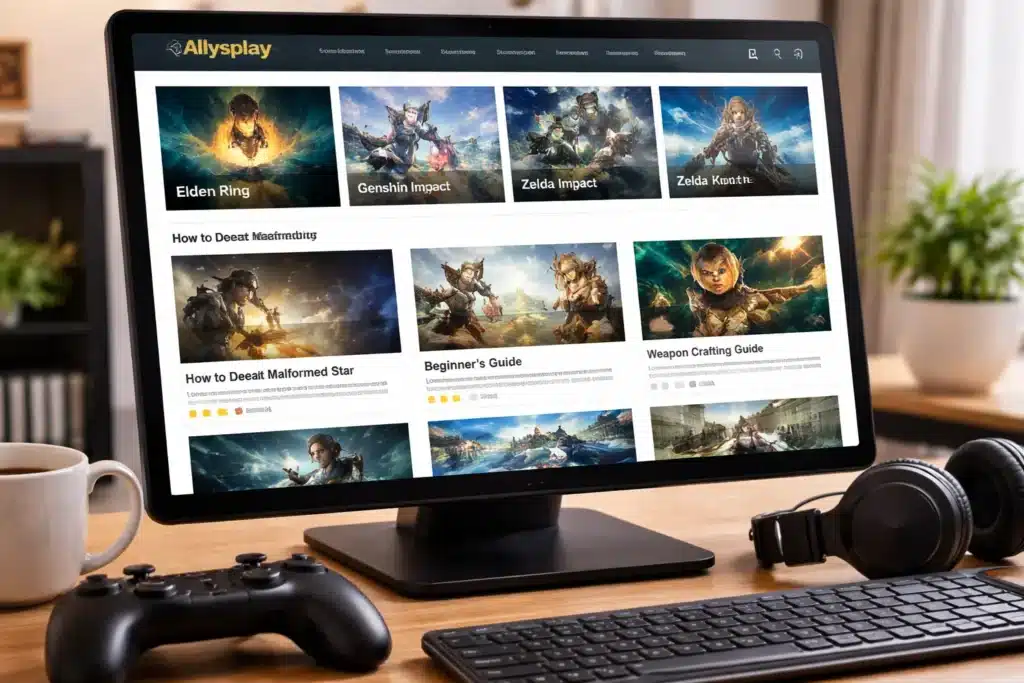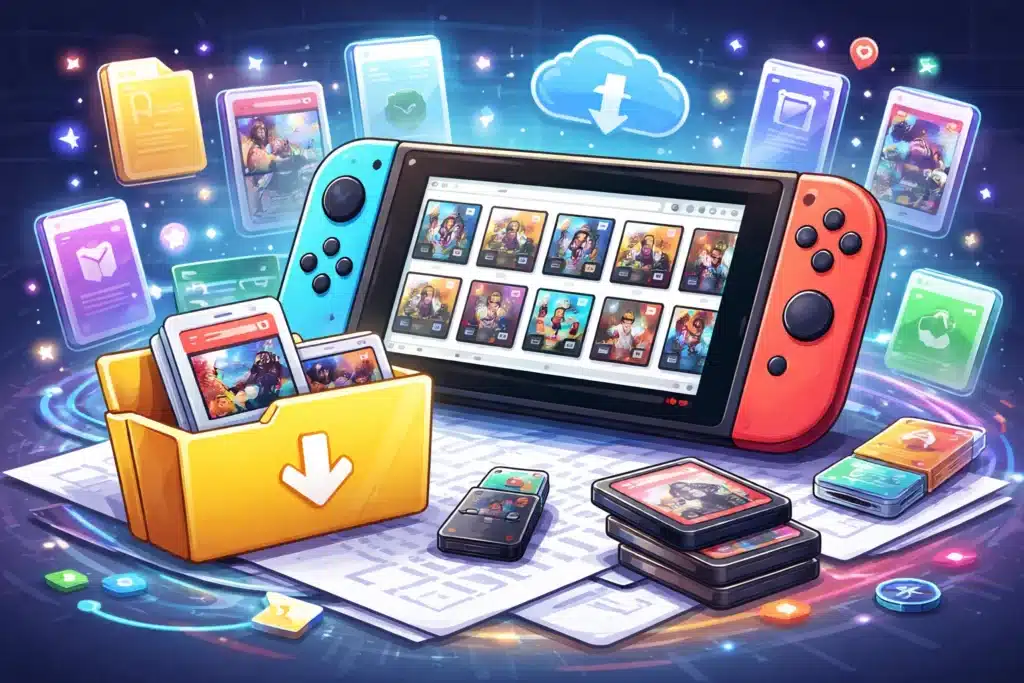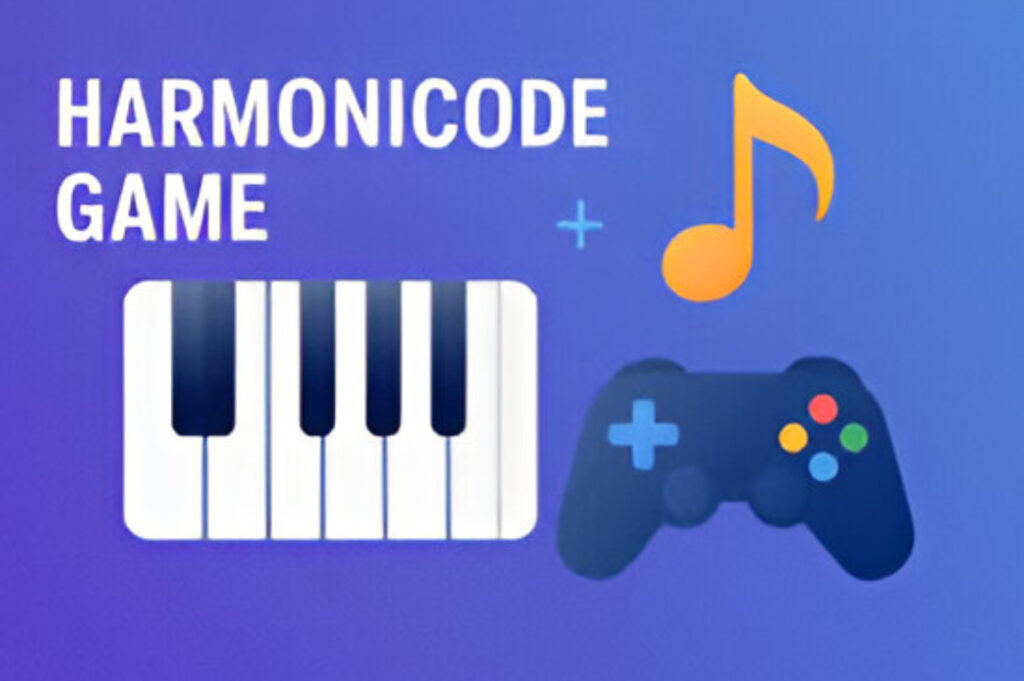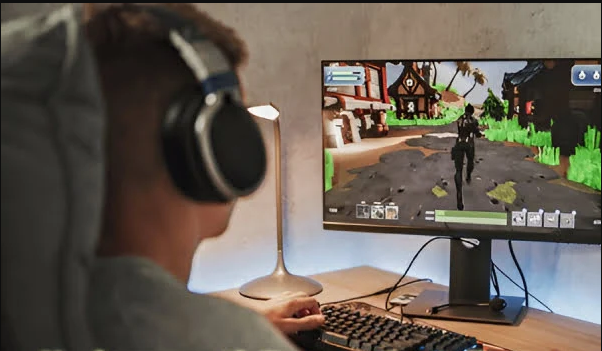Which PC Components Should Beginners Focus On When Building Their First Gaming PC?

Building your very first PC for gaming can feel exciting, overwhelming, and confusing all at once especially when you’re trying to decide which parts genuinely matter and which ones are optional. With hundreds of choices and countless brands promising “ultimate performance,” beginners often end up spending too much on the wrong parts or building a system that bottlenecks their games. But the truth is simple: if you understand the core PC components and how they affect your gaming performance, you can create a powerful, smooth-running, future-proof gaming PC without overpaying or making rookie mistakes.
This complete beginner-friendly guide breaks down the most important PC components you should focus on when building a gaming PC, what each one does, how it affects FPS, and how to choose the right parts for your budget and gaming needs.
Why Choosing the Right PC Components Matters for Beginners
When building a PC for gaming, some components affect performance far more than others. Many beginners assume that buying the most expensive part will guarantee the best results but that’s not how gaming performance works. A well-balanced system with compatible parts will always outperform an expensive but mismatched build.
Focusing on the right PC Components from the start will help you avoid:
- CPU/GPU bottlenecking
- Overheating issues
- Stuttering and lag
- Slow loading times
- Poor upgrade paths
- Wasted money on unnecessary hardware
By understanding the importance of each component, you’ll be able to build a PC that performs smoothly in 1080p, 1440p, or even 4K gaming without breaking your budget.
1. Graphics Card (GPU) – The Most Important Component for Gaming
If your primary goal is gaming, the GPU (Graphics Processing Unit) is the single most important part of your build. It is responsible for rendering images, textures, shadows, lighting, and overall visual quality. In modern gaming, up to 80% of your FPS performance depends on your graphics card.
Why It Matters
- Directly impacts how well your PC handles AAA titles
- Determines whether you can play on low, medium, high, or ultra settings
- Essential for esports games like Fortnite, Valorant, and CS2
- Enables ray tracing, DLSS, and frame generation technology
Beginner GPU Recommendations
- Budget 1080p Gaming: GTX 1660 Super, RTX 3050
- Mid-Range 1440p Gaming: RTX 4060 / 4060 Ti
- High-End Ultra Gaming: RTX 4070 Super / 4080
If you have to prioritise one component above all, let it be the GPU.
2. Processor (CPU) – The Brain of the PC for Gaming
While the GPU handles visuals, the CPU (Central Processing Unit) controls all calculations, background tasks, physics, AI processing, and system operations. A weak CPU won’t let your GPU perform at its highest potential, causing a bottleneck.
Why It Matters
- Improves in-game physics (explosions, movement, AI behaviour)
- Affects FPS in CPU-heavy games (GTA V, simulation titles, strategy games)
- Crucial for multitasking, streaming, or content creation
- Determines how smooth your system feels overall
Beginner CPU Recommendations
- Best Budget Option: Ryzen 5 5600 / Intel i5-12400F
- Mid-Range: Ryzen 5 7600 / Intel i5-13400F
- High-End: Ryzen 7 7800X3D
Avoid pairing a powerful GPU with a weak CPU; it wastes performance and reduces FPS.
3. RAM (Memory) – The Backbone of Smooth Performance
RAM stores temporary data your system needs while gaming. Most modern games are memory-hungry, especially open-world titles like Cyberpunk 2077, Hogwarts Legacy, and Red Dead Redemption 2.
Why It Matters
- Prevents stutter during gameplay
- Allows multiple applications (browser, Discord) to run smoothly
- Crucial for high-resolution gaming
- Fast RAM speeds boost performance in Ryzen-based builds
Beginner RAM Recommendations
- Minimum for gaming: 16GB DDR4 or DDR5
- Ideal: 32GB for future-proof performance
- Speed:
- DDR4: 3200–3600 MHz
- DDR5: 5600–6000 MHz
Make sure to use dual channels (2 sticks) for maximum performance.
4. Storage (SSD vs HDD) – Faster Load Times & Better Game Performance
Gone are the days when hard drives were enough for gaming. Today, SSDs (Solid State Drives) are essential. They load games faster, reduce texture pop-ins, and give a much smoother experience.
Why It Matters
- Games load up to 10x faster
- Windows boots in seconds
- Reduces lag during open-world exploration
- Helps competitive games load maps instantly
Beginner Storage Recommendations
- 1TB NVMe SSD (Recommended) – Fastest, best for modern gaming
- 500GB SSD (Budget) – Works but fills quickly
- Avoid HDD for gaming unless used as secondary storage only
NVMe SSDs are becoming very affordable, so beginners should prioritize this upgrade.
5. Motherboard – The Heart That Connects All PC Components
While it doesn’t give FPS directly, the motherboard determines the overall stability, compatibility, and upgrade options of your PC for gaming.
Why It Matters
- Ensures compatibility with your CPU and RAM
- Controls power delivery
- Affects cooling performance
- Determines future upgrade paths
- Provides USB ports, WiFi, PCIe slots, M.2 slots
Beginner Motherboard Recommendations
- Intel: B660, B760
- AMD: B550, B650
Avoid spending too much on a motherboard and put that money into your GPU or CPU instead.
6. Power Supply Unit (PSU) – The Safety & Reliability Component
A good PSU protects your expensive components from power failure, sudden spikes, or overheating. Beginners often overlook this, which is a major mistake.
Why It Matters
- Prevents hardware damage
- Ensures stable performance under load
- Affects GPU upgrade compatibility
- Impacts system lifespan
Beginner PSU Recommendations
- Wattage: 550W–750W for most systems
- Efficiency Rating: 80+ Bronze or Gold
- Trusted Brands: Corsair, EVGA, Cooler Master, Seasonic
Never cheap out on a PSU it’s the foundation of a safe gaming build.
7. Case & Cooling – The Silent FPS Booster
A well-designed case with good airflow can dramatically reduce temperatures, giving you higher FPS and longer hardware life.
Why It Matters
- Lowers CPU and GPU temps
- Reduces thermal throttling
- Keeps your PC quiet
- Improves overall stability
Beginner Tips
- Choose a case with front mesh airflow
- At least 3 fans recommended
- AIO or air coolers both work depending on CPU
Good airflow can make your budget hardware perform like mid-range hardware.
8. Monitor – The Component Everyone Forgets
A powerful PC means nothing if you pair it with a low-quality monitor. Your monitor decides how smooth your gaming actually feels.
Why It Matters
- Affects refresh rate (60Hz vs 144Hz vs 240Hz)
- Determines resolution (1080p, 1440p, 4K)
- Influences input lag and competitive performance
Beginner Monitor Recommendations
- Esports Gamers: 1080p 144Hz
- AAA Gamers: 1440p 144Hz
- High-End Gamers: 4K 144Hz
Your monitor plays a huge role in how immersive gaming feels.

Get Any Company Objectives or News of rox.com

How Tax Accountants Support Entrepreneurs And Startups

The growing demand for modern digital banking solutions

BrainHost VPS Hosting Review: A Practical Choice for VPS Needs

How Do You Connect Stripe Subscriptions to QuickBooks?

Allysplay.com: Clear Explanation of What the Platform Represents

Nxbrew: What It Is, How It Works, and Why People Search for It

Harmonicode Games: How Music, Rhythm, and Logic Create a New Way to Play








